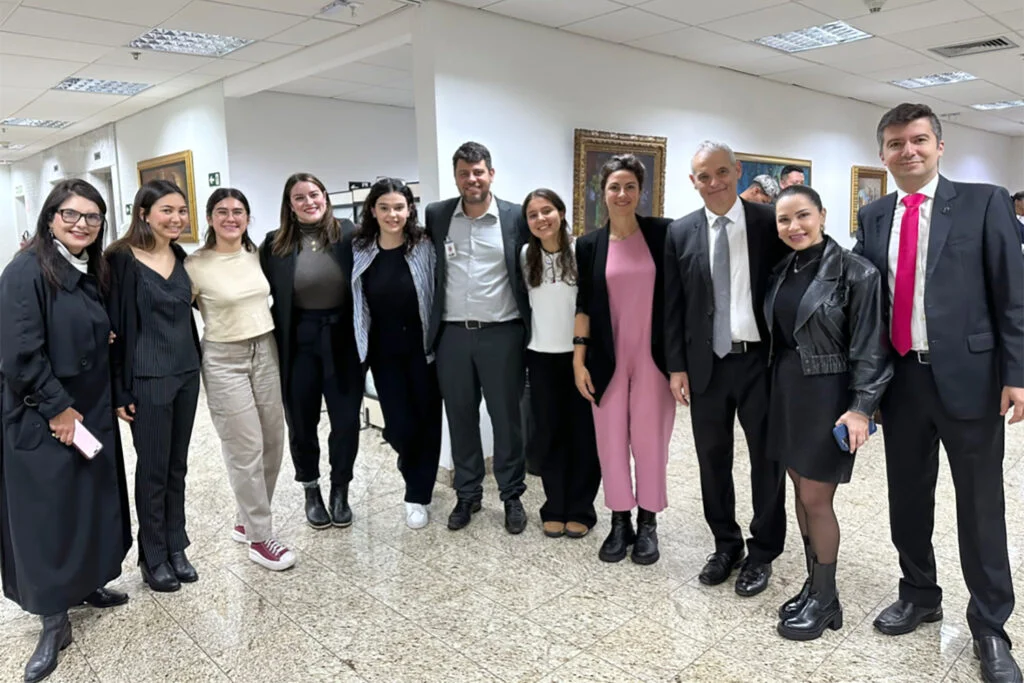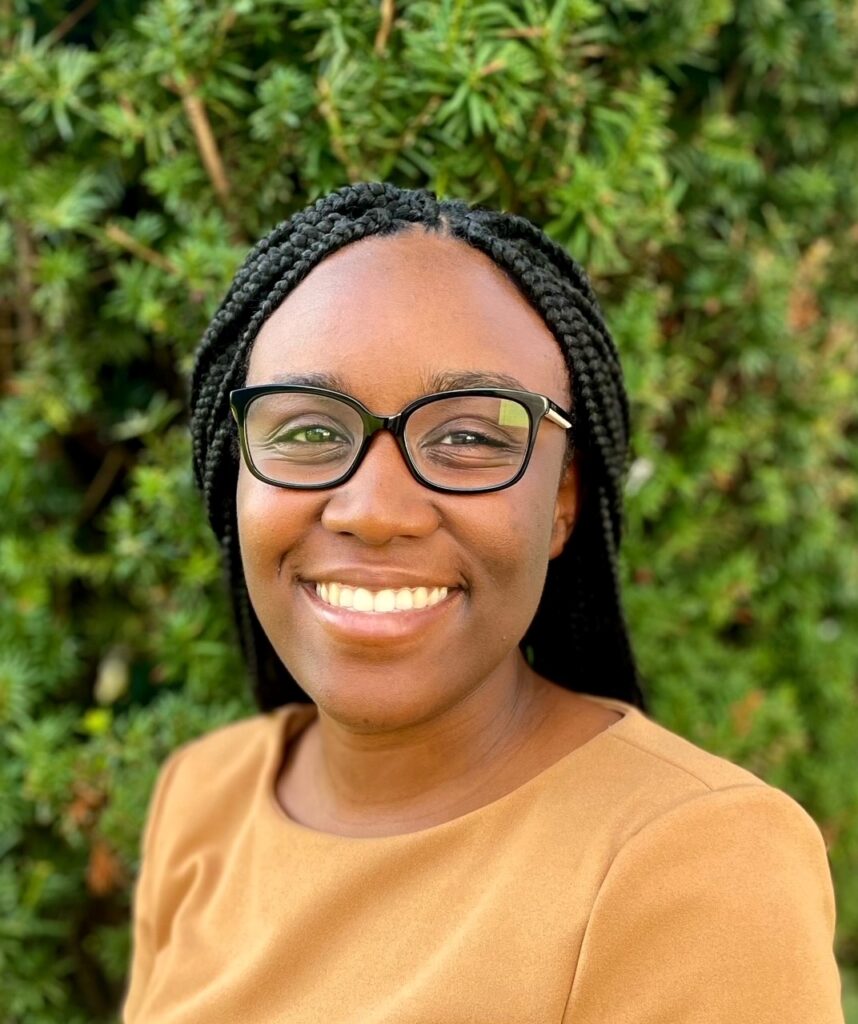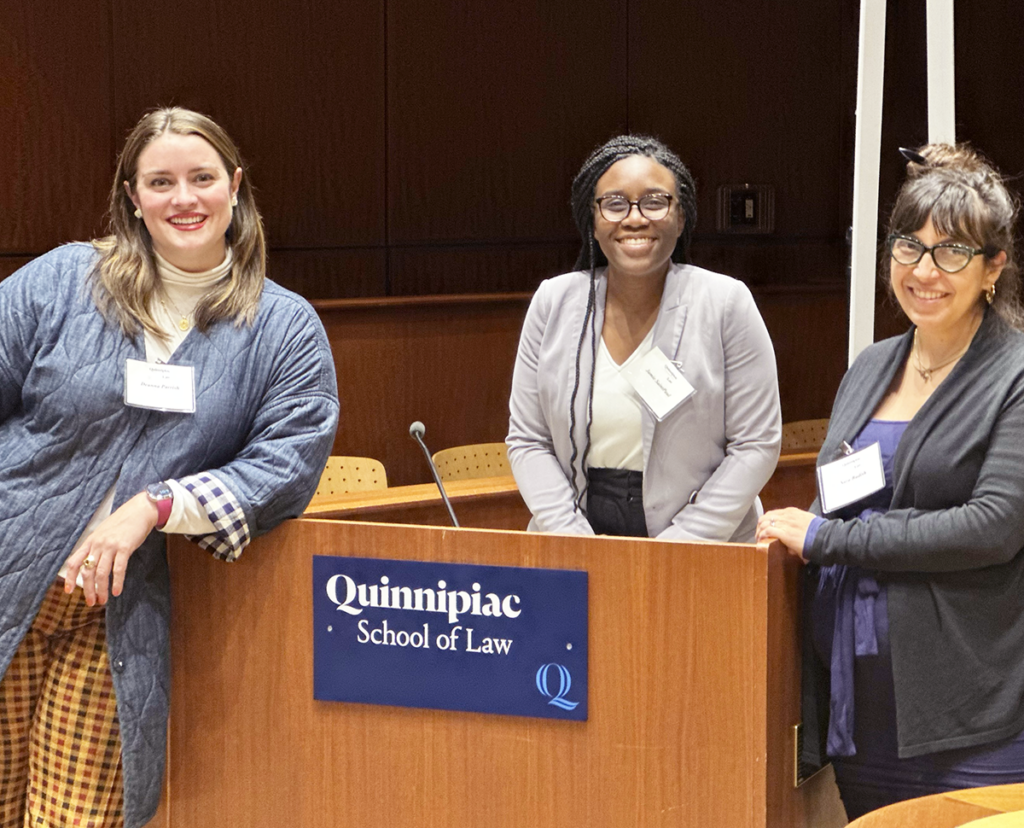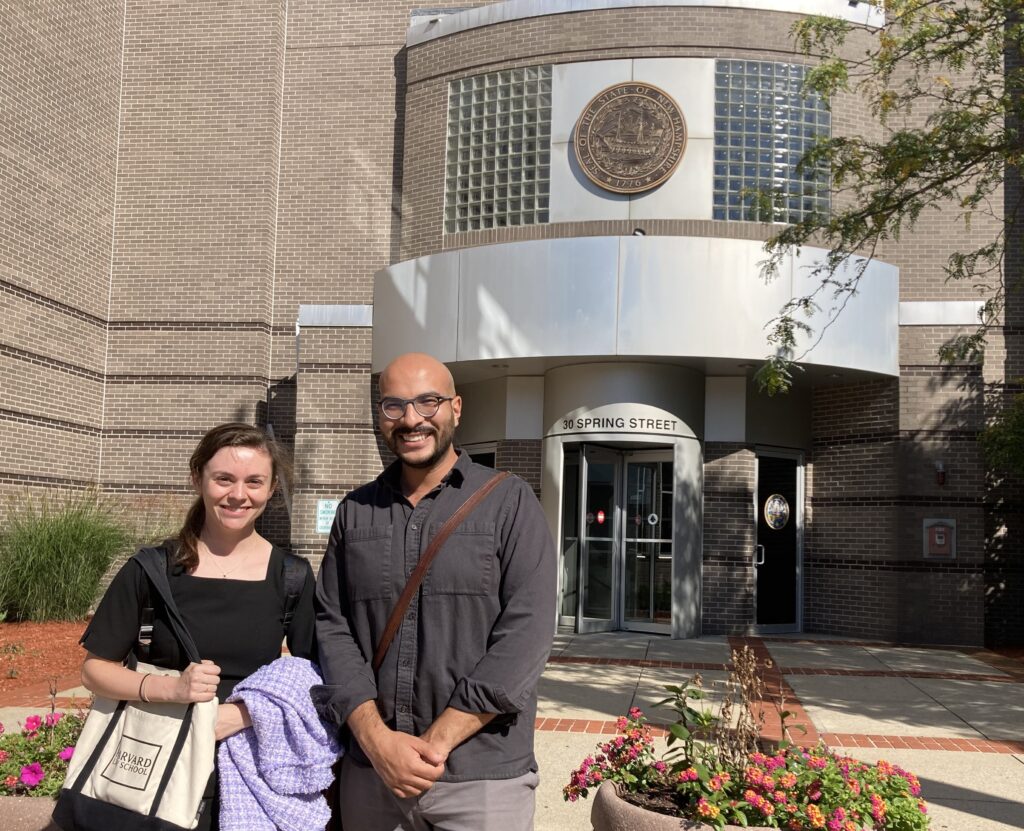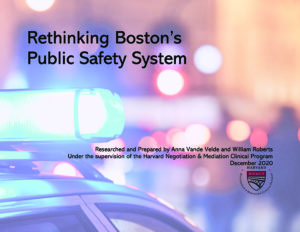 The Boston Police Department routinely responds to calls for service involving mental health, homelessness, substance use, traffic incidents, and nonviolent neighborhood or domestic disputes. In the face of nationwide racial disparities in public safety practices, many have advocated for the ability to seek help in addressing these issues without relying entirely on the police. In June of 2020, several Boston City Councilors proposed an ordinance that would introduce an “Unarmed Community Safety Response System” to the city. This system would “divert non-violent calls for service away from the Boston Police Department,” dispatching those calls instead to community safety officials in non-law enforcement agencies.
The Boston Police Department routinely responds to calls for service involving mental health, homelessness, substance use, traffic incidents, and nonviolent neighborhood or domestic disputes. In the face of nationwide racial disparities in public safety practices, many have advocated for the ability to seek help in addressing these issues without relying entirely on the police. In June of 2020, several Boston City Councilors proposed an ordinance that would introduce an “Unarmed Community Safety Response System” to the city. This system would “divert non-violent calls for service away from the Boston Police Department,” dispatching those calls instead to community safety officials in non-law enforcement agencies.
In response to this proposal, the Harvard Negotiation and Mediation Clinical Program (HNMCP) at Harvard Law School volunteered to assist the city in thinking about how it might change its approach to public safety. The resulting report, made publicly available today, was authored by Anna Vande Velde ʼ21 and William (Billy) Roberts ʼ21, under the supervision of HNMCP Director Rachel Viscomi.
Vande Velde and Roberts studied how such a crisis-response plan might be structured and situated within Boston’s complex public safety system, informed by connections with stakeholders and a review of how other cities and municipalities have addressed these challenges. The HNMCP team conducted interviews with subject-matter experts and local stakeholders, and secondary research on law enforcement (including the Crime and Incident Reports publicized by the Boston Police Department), domestic and international public health and emergency systems, dispute systems design theory, social work and mental health theory, and restorative justice. The report places special emphasis on whether and how dispute resolution processes and practices might play a role in a more holistic system.
The assessment research informed the development of three core criteria for public safety reform to promote community healing and restoration: emphasizing rehabilitation, narrow tailoring of crisis responses, and the need to integrate short-, medium-, and long-term interventions. Based on these criteria, Vande Velde and Roberts formulated a menu of recommendations categorized into four broad approaches:
- Developing and funding connections between the Boston Police Department and local mental health and social services organizations
- Introducing mental health clinicians and social workers into the city’s crisis response system
- Adding additional crisis intervention training for Boston Police Department officers
- Increasing investment in and referrals to community mediation centers.
Within these categories, Vande Velde and Roberts provide examples of specific programs or reforms that have been proven to be effective, both in Boston and in other cities, analyzing each in terms of its timeline, potential cost, and projected impact.
This report lays the groundwork for further stakeholder engagement by the City of Boston. While Boston has already made substantial progress in reforming its approach to public safety, there remains much to be done. Our hope is that the findings and recommendations contained in this report will help the City to build on its existing successes and to develop a public safety system that prioritizes community healing and well-being.
Read the full report at: http://hnmcp.law.harvard.edu/alternative-911-rethinking-bostons-public-safety-system/



